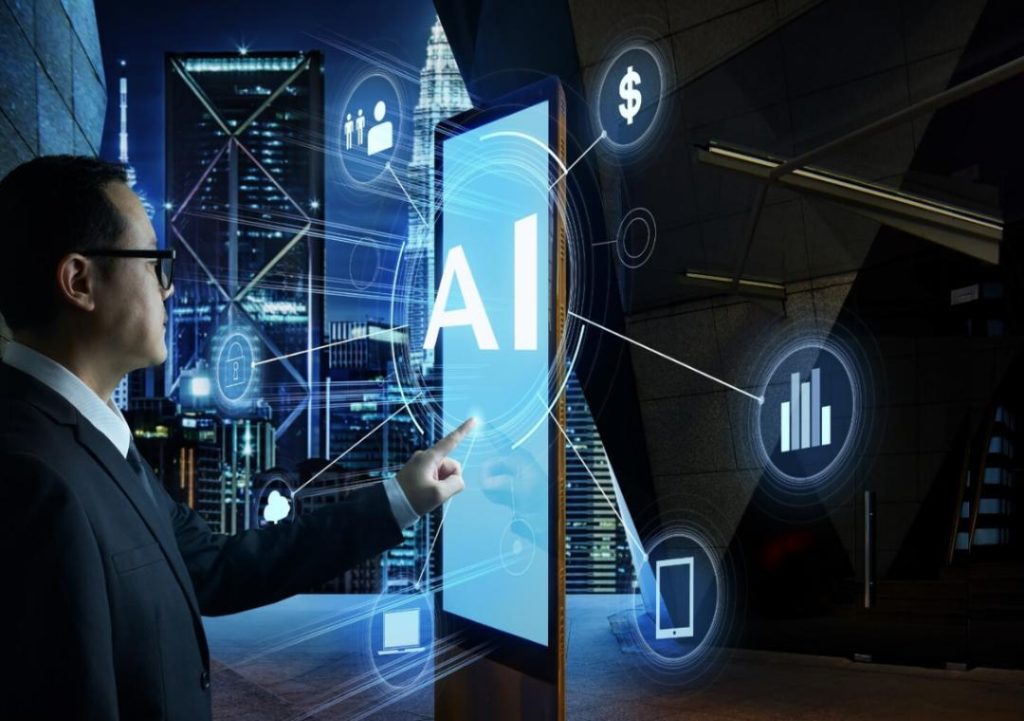
AI & ML now power over 77% of business processes
In today’s digital-first world, businesses that don’t implement Artificial Intelligence (AI) and Machine Learning (ML) risk falling behind the competition. Gone are the days when AI and ML were considered futuristic concepts relegated to sci-fi movies and futuristic novels. Today, over 77% of enterprises use AI/ML to improve productivity, reduce costs, and personalize user experiences.
The significance of AI and ML in modern business operations cannot be overstated. From automating customer support to real-time fraud detection, AI and ML have become operational essentials. In this blog post, we’ll explore the importance of AI and ML in business, the benefits they offer, and how they’re transforming the way companies operate.
What is AI and ML?
Before we dive into the importance of AI and ML, it’s essential to understand what they are. AI refers to the development of computer systems that can perform tasks that typically require human intelligence, such as visual perception, speech recognition, and decision-making. ML, on the other hand, is a subset of AI that involves training algorithms to learn from data and make predictions or decisions.
AI and ML are not new concepts. The idea of AI dates back to the 1950s, while ML has been around since the 1980s. However, it’s only in recent years that AI and ML have become accessible and affordable for businesses of all sizes.
Why are AI and ML important in business?
So, why are AI and ML so crucial in business? Here are a few reasons:
- Improved Productivity: AI and ML can automate repetitive and tedious tasks, freeing up human employees to focus on more strategic and creative work. This can lead to increased productivity and efficiency.
- Reduced Costs: AI and ML can help businesses reduce costs by optimizing processes, predicting maintenance needs, and identifying areas for cost savings.
- Personalized User Experiences: AI and ML can help businesses create personalized user experiences by analyzing customer data and preferences. This can lead to increased customer satisfaction and loyalty.
- Enhanced Decision-Making: AI and ML can provide businesses with real-time insights and predictions, enabling them to make data-driven decisions.
- Improved Security: AI and ML can help businesses detect and prevent cyber threats in real-time, reducing the risk of data breaches and other security incidents.
How are businesses using AI and ML?
So, how are businesses using AI and ML? Here are a few examples:
- Customer Support: Many businesses are using AI-powered chatbots to automate customer support. These chatbots can answer frequent questions, provide product information, and even help with simple troubleshooting.
- Fraud Detection: AI and ML can be used to detect fraudulent transactions in real-time, reducing the risk of financial losses.
- Predictive Maintenance: AI and ML can be used to predict when equipment is likely to fail, enabling businesses to schedule maintenance and reduce downtime.
- Marketing Automation: AI and ML can be used to automate marketing tasks, such as email marketing, social media management, and lead generation.
- Supply Chain Optimization: AI and ML can be used to optimize supply chain operations, reducing costs and improving delivery times.
The Future of AI and ML in Business
As AI and ML continue to evolve, we can expect to see even more innovative applications across various industries. Some of the trends we’re likely to see in the future include:
- Increased Adoption: As AI and ML become more accessible and affordable, we can expect to see even more businesses adopting these technologies.
- More Advanced Applications: As data continues to grow, we can expect to see even more advanced applications of AI and ML, such as real-time language translation and autonomous vehicles.
- Increased Focus on Ethics and Transparency: As AI and ML become more pervasive, there will be an increasing focus on ethics and transparency, ensuring that these technologies are used responsibly and with the greatest benefit to society.
Conclusion
In conclusion, AI and ML are no longer futuristic concepts—they’re operational essentials. Today, over 77% of enterprises use AI/ML to improve productivity, reduce costs, and personalize user experiences. The shift isn’t optional; it’s fundamental to staying competitive in a digital-first world.
Whether you’re a small business or a large enterprise, AI and ML can help you streamline operations, improve customer experiences, and drive growth. It’s essential to stay ahead of the curve and explore the many ways AI and ML can benefit your business.
Source:
https://www.growthjockey.com/blogs/what-is-ai-and-ml-how-is-it-important






